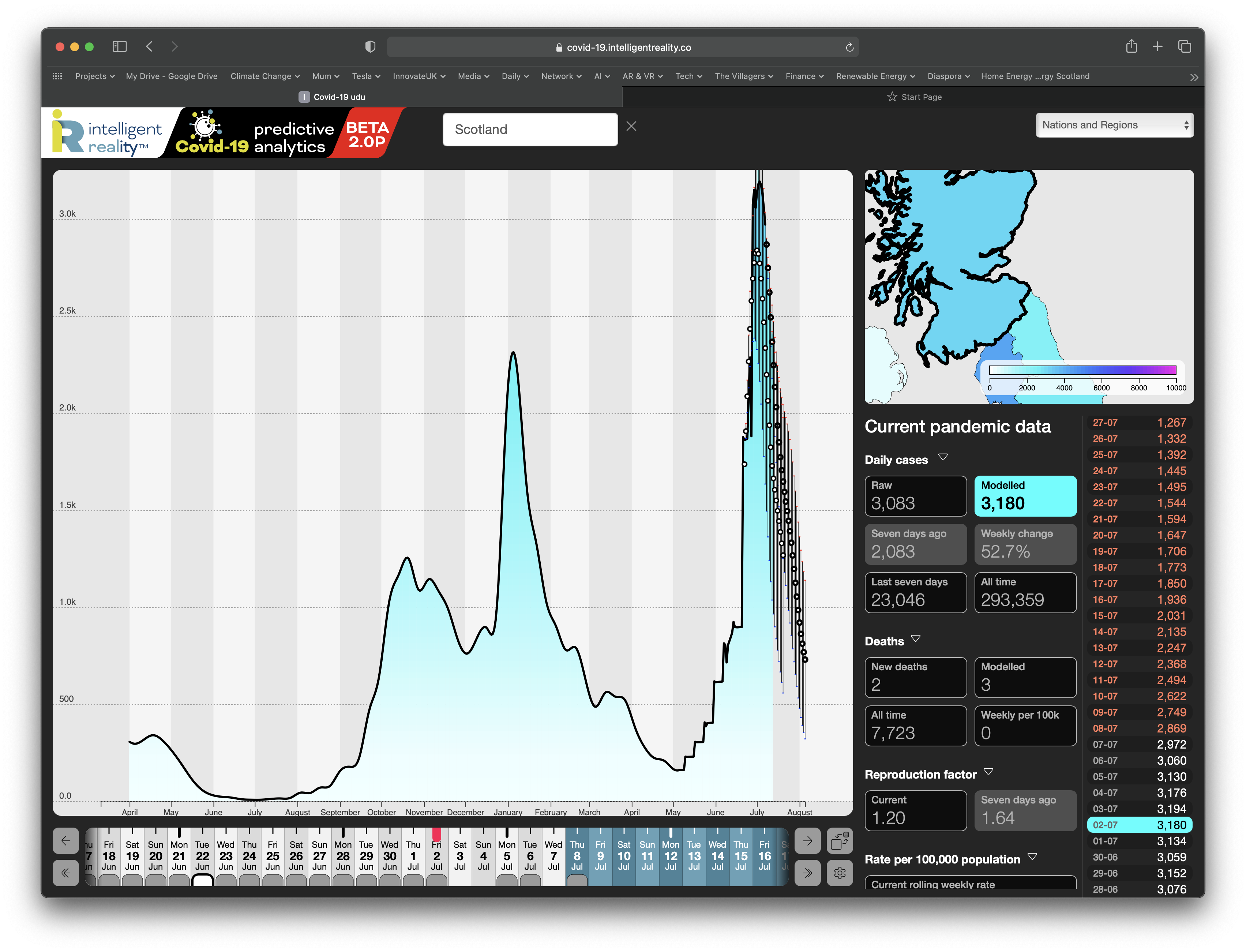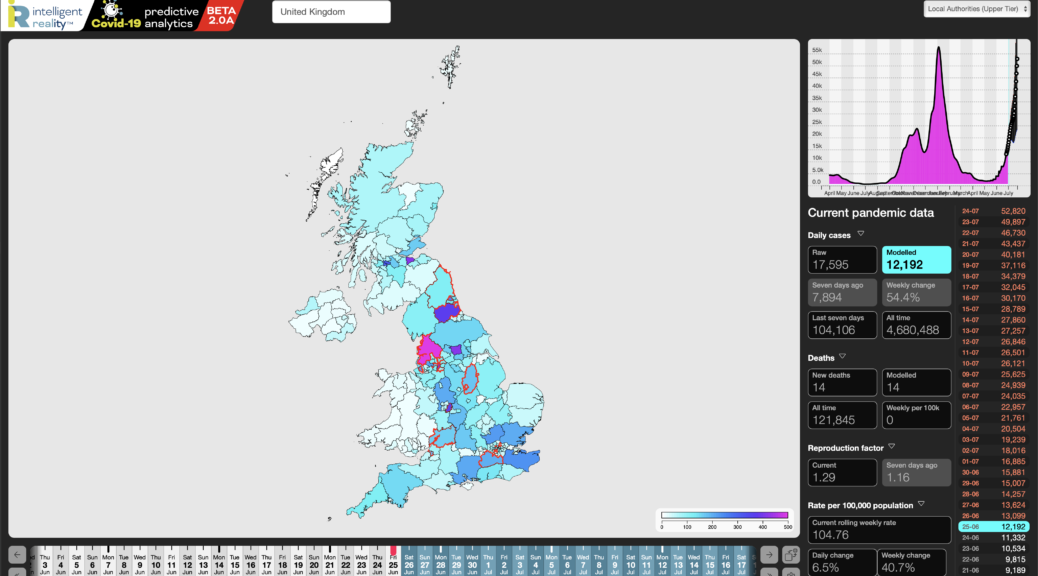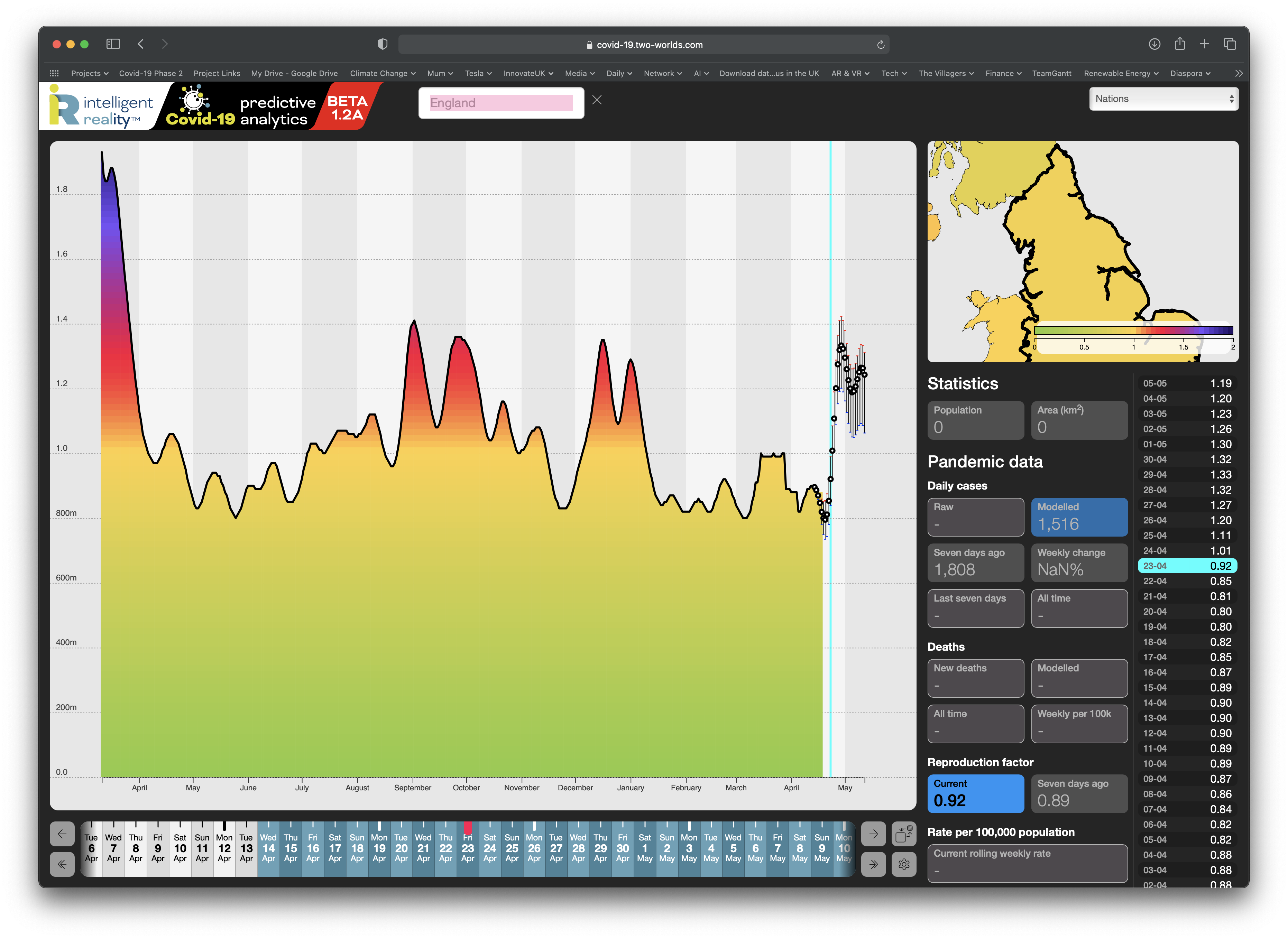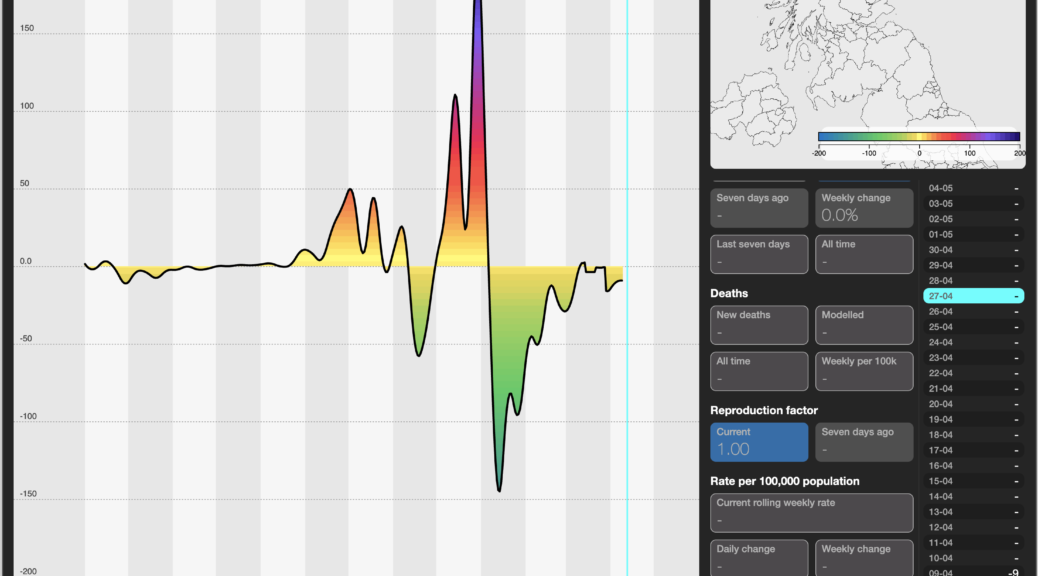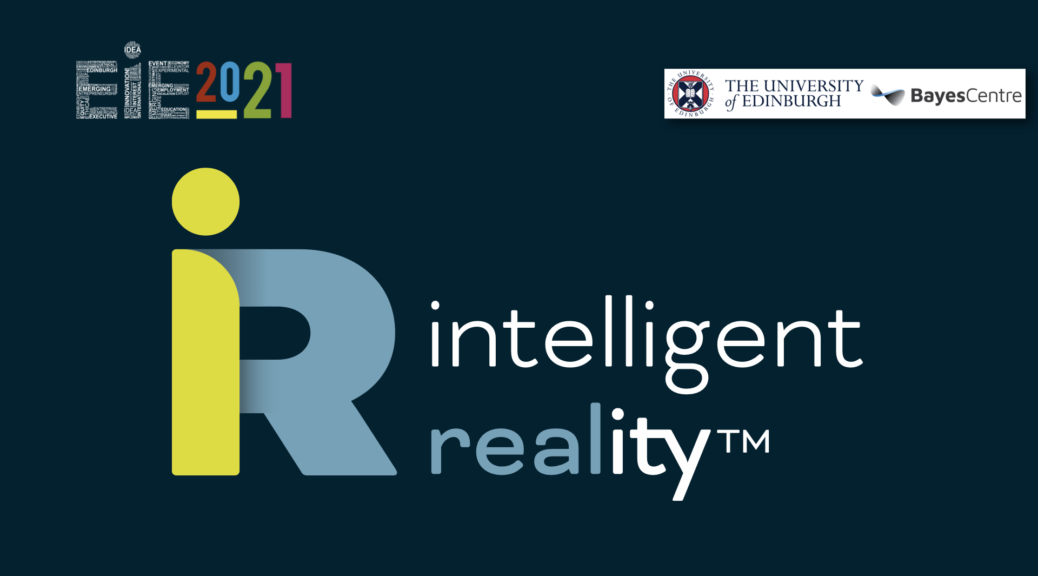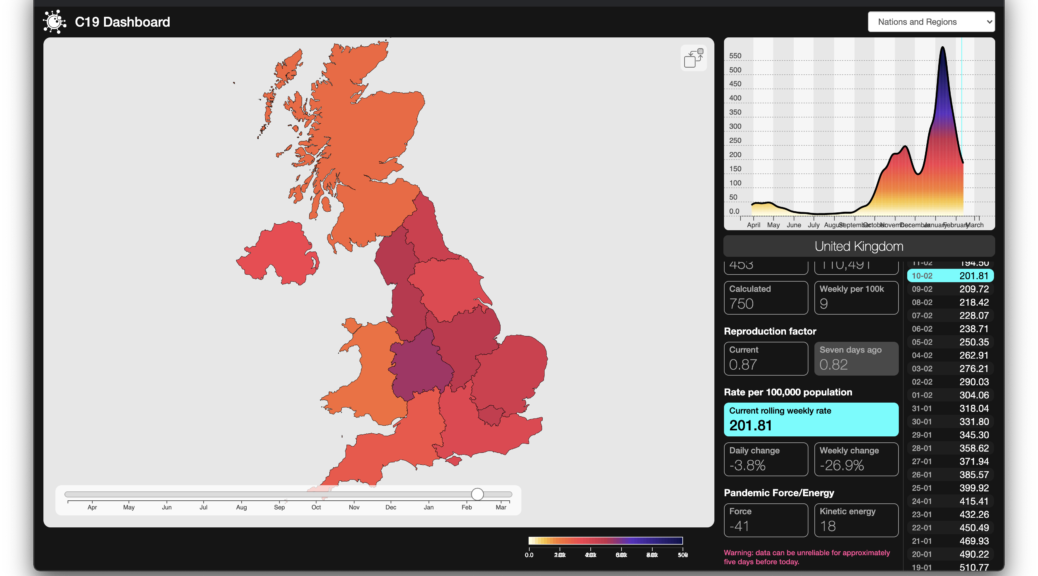Quarter of a century ago, I was CTO of the team who created the conversation engine for our game, Starship Titanic. It used what was, for the time, a largish language model. Of our own design, it included run-time learning to adapt to the input sentiment of the user, and we ended up with a CODiE award and a BAFTA nomination for it. It was therefore something of a spiritual forebear of ChatGPT, but we were limited in how far we could take its development by the need to ‘weld bits to atoms’ (as Nick Negroponte put it) to ship a game on CD. We’d love to have continued its development as an ever-expanding, self-learning front-end to h2g2.com, but the dotcom crash intervened, forcefully.
So I reckon that left me with a half-decent understanding of both the strengths and limitations of the LLM approach, as well as an utter contempt for the so-called chatbots that have emerged since. With ChatGPT, my appreciation of the really good stuff it can do far outweighs my frustration at the things it doesn’t do so well (but we’ve got answers for some of those), but I just combined several of my interests and asked ChatGPT to write a poem praising Scottish independence, in the style of William McGonagall. This is what it came up with, and I’m awestruck:
Oh Scotland, land of rolling hills and streams,
With rich history and vibrant cultural themes,
For centuries you’ve been part of a greater scheme,
But now ’tis time to let your independence gleam.
The Union Jack may wave, but it brings you no joy,
For Westminster rule has brought you nothing but annoyance and ploy.
Your natural resources and hard-working people,
Deserve a government that listens, not one that’s steeple.
Your voice has been silenced, your choices controlled,
But now ’tis time to break free from the hold,
And make a stand for what is rightfully yours,
With a government that truly represents your cause.
So rise up, brave Scots, and make your voice heard,
Let independence be the word that flies like a bird,
From Edinburgh to the Highlands, from coast to coast,
Scotland shall stand tall and proudly boast.
With a government of your own, you’ll prosper and thrive,
No longer bound by laws that keep you captive and deprived,
So let the world hear your battle cry,
For Scottish independence and the right to rule, shall never die!


